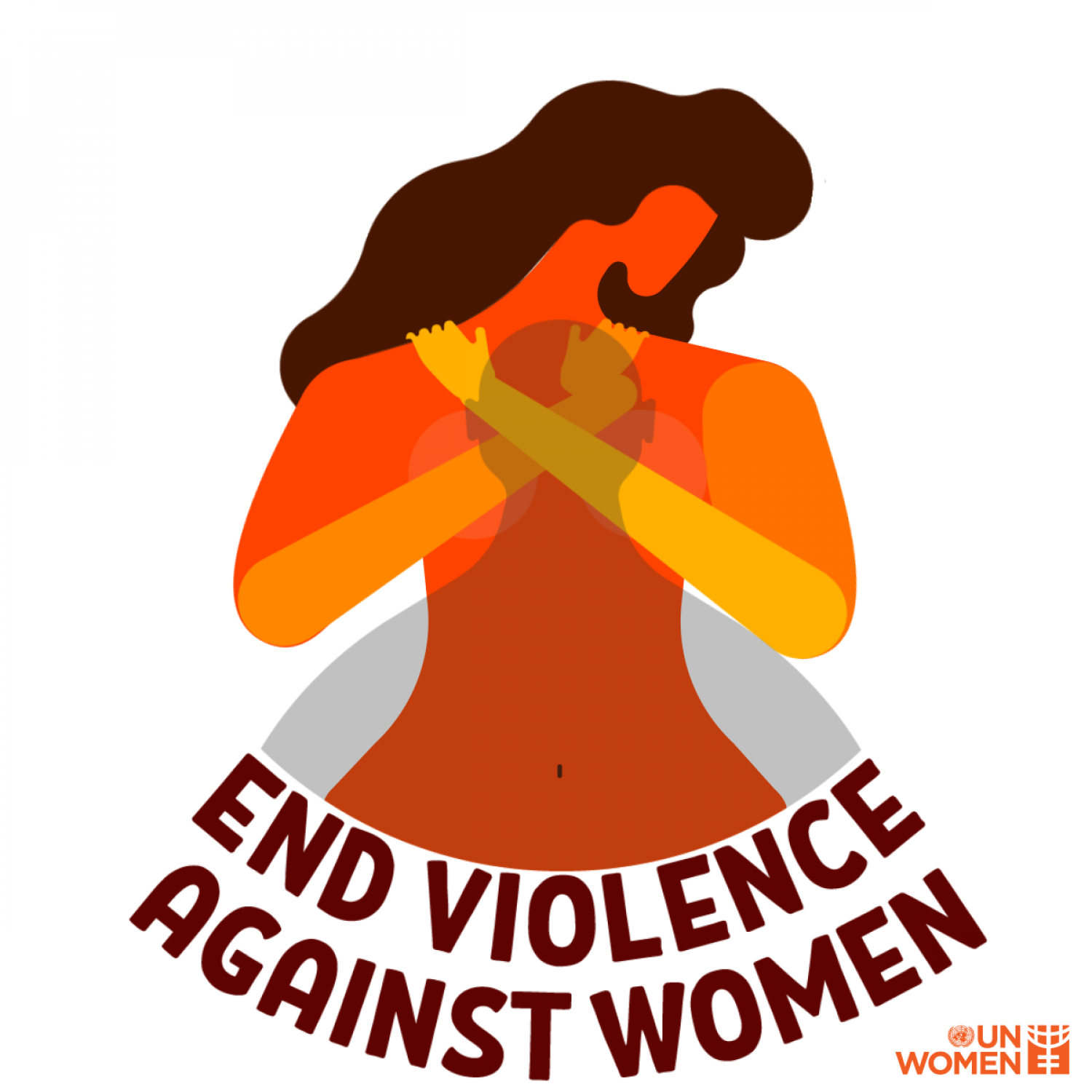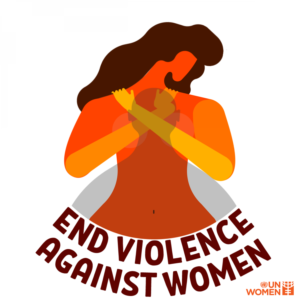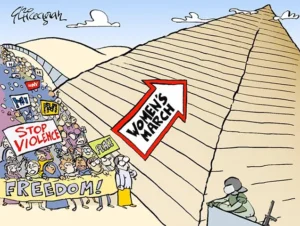
Women's right to live without fear of violence and discrimination.

Are women safe in our country? This question has been in news for a very long time. Legally and in theory, they are given certain privileges and rights which make them feel that they are safe but in reality, they are not.
The statistics of violence and discrimination against women are the witness to these claims:
In a report by the National Crime Records Bureau, crimes against women have increased by 15.8% just in one year (2020-21). In 2011, there were about 228,650 crimes while in 2021 almost 428,478 crimes were reported, increasing by almost 87% which indicates the increasing vulnerability of women[1]. The majority of the crimes included kidnapping, abduction, rapes, domestic violence, dowry deaths and assaults.
Evn Prime Minister Shri Narendra Modi highlighted this problem while addressing the nation on his 75th birthday. He called for a change in the mentality towards women and told people to fight against misogyny. This was not the first time that he talked about women’s discrimination and violence. He also highlighted the same Even in his very first speech as prime minister on independence day, he conveyed the same message.
Laws regarding violence and discrimination against women
In India, the legal arguments that support women’s right to live without fear of violence and discrimination include:
- The Constitution of India: The Indian Constitution guarantees women the right to equality (Article 14), prohibits discrimination on the basis of sex (Article 15), and guarantees women the right to life and personal liberty (Article 21). These provisions can be used to challenge discriminatory laws and practices and to demand that the state take measures to prevent and respond to gender-based violence.
- The Protection of Women from Domestic Violence Act, 2005: This law provides for the protection of women from domestic violence and for the prevention and redressal of domestic violence. It recognizes that domestic violence is a violation of women’s human rights and provides for a range of measures to protect women, including protection orders, residence orders, and monetary relief.
- The Sexual Harassment of Women at Workplace (Prevention, Prohibition and Redressal) Act, 2013: This law provides for the prevention and redressal of sexual harassment of women at the workplace. It recognizes that sexual harassment is a form of discrimination and provides for a range of measures to prevent and address it, including the establishment of internal complaints committees and the provision of penalties for non-compliance.
- The Indian Penal Code, 1860: The Indian Penal Code provides for a range of criminal offences that can be used to hold perpetrators of violence against women accountable, including rape, sexual assault, domestic violence, and acid attacks.
- The National Commission for Women Act, 1990: This law established the National Commission for Women, a statutory body that works to protect and promote the rights of women in India. The Commission has the power to investigate complaints of gender-based discrimination and to make recommendations to the government on policies and programs to promote women’s rights.
Overall, while there are legal frameworks in place to protect women’s rights in India, there is still much work to be done to ensure that these laws are effectively implemented and that women are able to live free from fear of violence and discrimination.
Landmark cases regarding violence and discrimination against women
There have been several landmark cases in India that have helped to shape the legal landscape around violence and discrimination against women, including:
Vishakha v. State of Rajasthan[2] (1997): This case established guidelines to prevent sexual harassment in the workplace and recognized sexual harassment as a violation of women’s fundamental rights under the Indian Constitution.
Delhi Domestic Working Women’s Forum v. Union of India[3] (1995): This case led to the enactment of the Protection of Women from Domestic Violence Act, 2005, which provides for the protection of women from domestic violence and for the prevention and redressal of domestic violence.
Laxmi v. Union of India[4] (2013): This case led to the enactment of the Criminal Law (Amendment) Act, 2013, which introduced more stringent punishments for sexual offences, including rape and sexual assault.
Shreya Singhal v. Union of India [5](2015): This case struck down Section 66A of the Information Technology Act, which had been used to arrest people for posting allegedly offensive content on social media, including content related to violence against women.
Overall, these landmark cases have helped to strengthen legal protections for women in India and have paved the way for further progress in the fight against violence and discrimination against women.
Critical analysis
No doubt that there is a number of laws for the protection of women from violence and discrimination but still there is a lack of proper implementation and awareness among people. No matter how much heights of successful Indian women achieve, they are still scared and stopped by family members to go outside after 6:00 p.m. It is often believed that women are more unsafe outside their homes but in reality, they are even unsafe in their own homes. According to a report,.70% of women in India face domestic violence each year. If the women are not safe in their homes, then where are they safe?
Women can become a pilot, Prime Minister or climb up mount Everest but still, she has the gear of violence and discrimination in their mind
Suggestions to reduce violence and discrimination against women
- Strict rules and laws
- Better implementation of laws
- Speedier judicial system
- Awareness amongst women about their rights
- A high amount of penalties and long-term imprisonment must be given who discriminate against women.
Conclusion
Thus, just the making of laws for women is not enough. The efficient implementation and awareness amongst women about these rights are important so that these result in the betterment of society.
[1] http://ncrb.gov.in
[2] AIR 1997 SC 3011
[3] 1995 SCC (1) 14
[4] 2014 SCC 4 427
[5] AIR 2015 SC 1523







